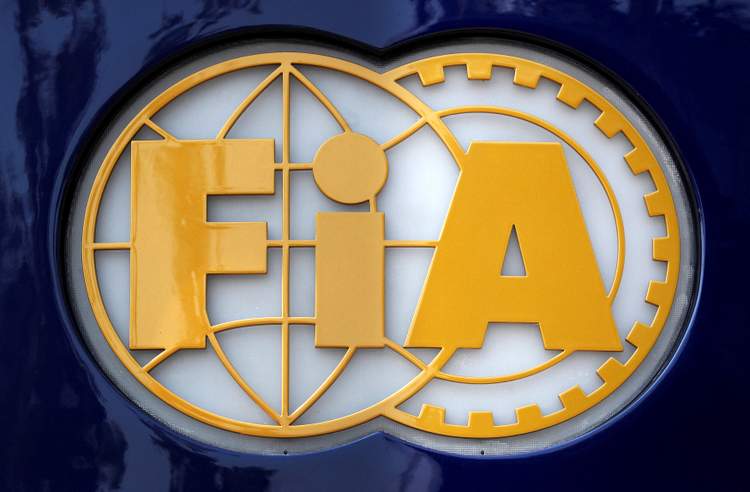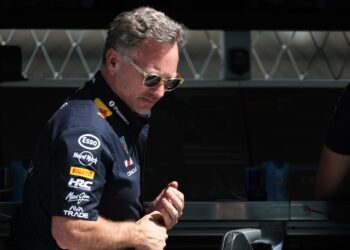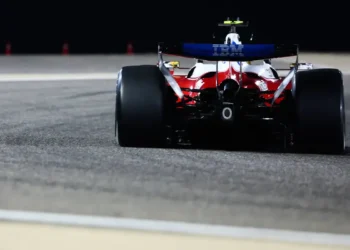In a groundbreaking decision, the FIA has declared that the electrification of Formula 1 is non-negotiable for the future of the sport. After intense discussions in Bahrain, it has been confirmed that hybrid engines will continue to play a crucial role in the upcoming power unit regulations.
The meeting, spearheaded by FIA president Mohammed Ben Sulayem, contemplated the possibility of V10 power units making a return to the racing scene. However, major stakeholders, including F1 CEO Stefano Domenicali and representatives from top manufacturers like Mercedes, Ferrari, and Red Bull-Ford, have unanimously agreed to uphold the 2026 hybrid regulations. This move has successfully enticed renowned brands like Audi and Honda to join the F1 grid.
The FIA emphasized that “electrification will always be part of any future considerations,” hinting at a long-term commitment to sustainable and eco-friendly practices in the sport. Plans for the engine formula beyond 2031 are already in the works, with a potential compromise on the table involving a mix of V10 engines and KERS systems, although challenges regarding weight distribution remain a significant hurdle.
Moreover, the implementation of sustainable fuels in 2026 has been deemed “imperative” for the future regulations. The FIA is resolute in its stance on cost reductions in powertrain development to ensure the stability of Formula 1 amidst global economic uncertainties.
The FIA’s technical department, in collaboration with key stakeholders, has invested substantial time in shaping the 2026 regulations focused on hybrid power units using 100% sustainable fuel. These regulations have not only attracted new manufacturers to the sport but have also set the stage for thrilling racing encounters in the coming years.
Efforts to bridge the performance gap among power unit manufacturers are ongoing, aiming to prevent one team’s domination akin to Mercedes’ early hybrid era success. Potential measures such as permitting in-season development under the engine budget cap are being explored to level the playing field and enhance competition in Formula 1.
The future of F1 is electric and sustainable, with a clear focus on innovation, performance equality, and cost-efficiency. Fans can anticipate an exhilarating era ahead, characterized by cutting-edge technology and fierce competition on the track.










